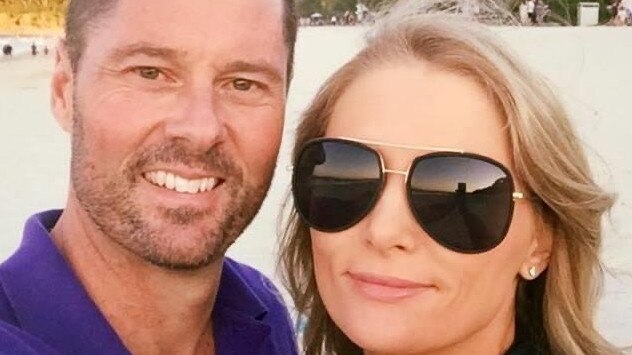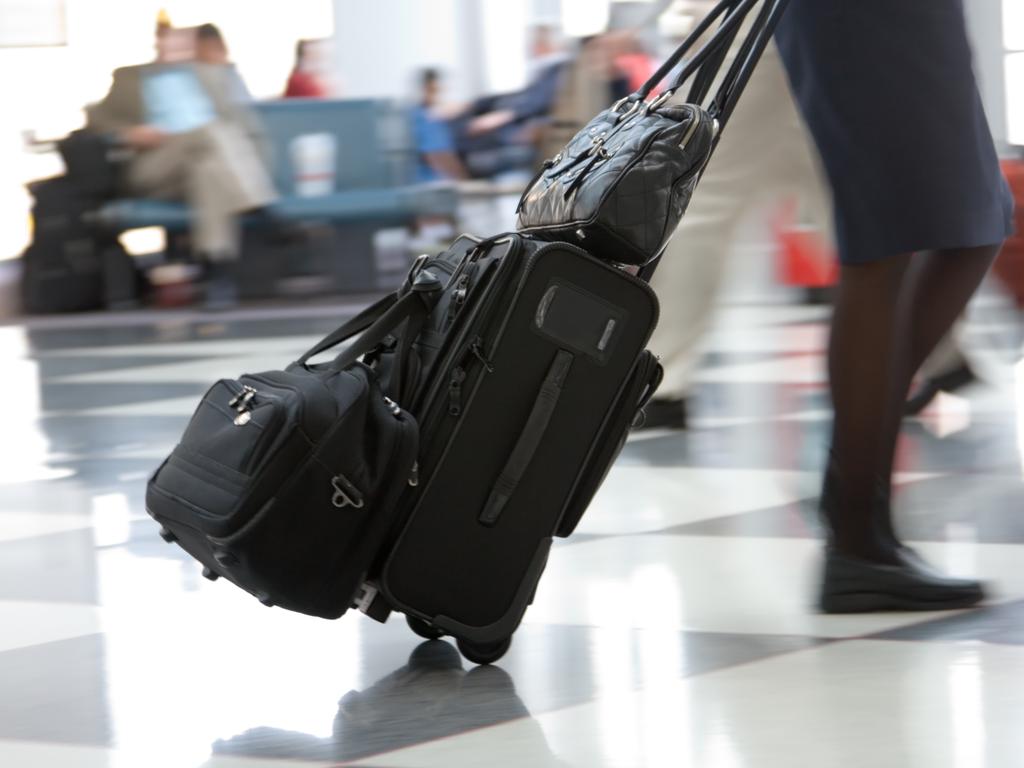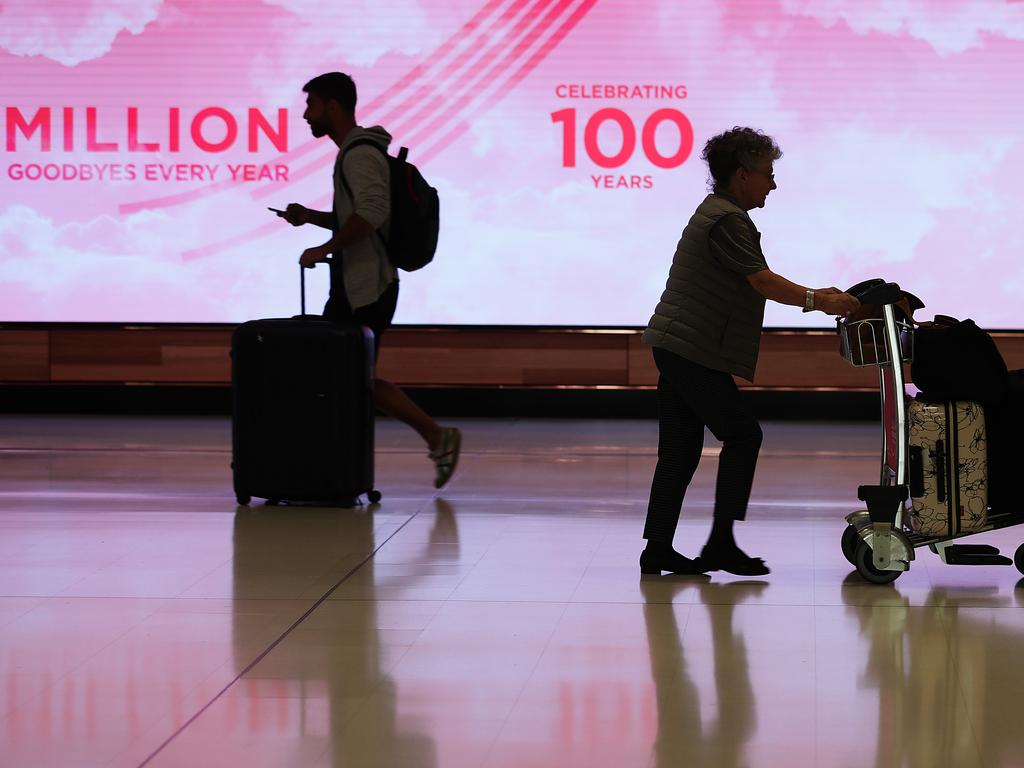Coronavirus: Hope for separated spouses
Australian officials have moved to allow NZ spouses of Australians into the country, but confusion remains.

Australian government officials have moved to allow New Zealand spouses of Australians into the country but confusion surrounds border entry for spouses of other nationalities.
The Australian has highlighted how wives, husbands and long term partners of Australians who have Australian families have been separated after the Australian border was shut during the coronavirus pandemic.
While thousands of returning Australians are continually bumped off flights – as many as six times – including business class flights this week because of the strict government caps on the numbers of arrivals – it has emerged that the government has severely restricted the categories of people being allowed into the country.
Spouses of Australians are having to submit scores of papers begging to be allowed into the country to be reunited with their families, but are being rejected multiple times.
But one anxious Australian family living in Hong Kong, will be able to return to their five children in Brisbane, including to a teenager that has ongoing medical issues and requires support after The Australian highlighted their plight.
New Zealander Candis Sullivan has previously travelled every eight weeks between the family home in Queensland, where her Australian born children are, and her Australian husband who is based in Hong Kong as an airline pilot.
Previously Kiwis could travel freely into Australia with a special category visa automatically issued at arrival.
Earlier this month Mrs Sullivan applied for an exemption as the spouse of an Australian to be allowed to return to Queensland and was shocked to be rejected.
She had submitted her Australian marriage certificate and 15 pages of other details including bank statements, rental agreements, rate notice in joint names, and medical reports and information about her daughter, but was told by the Australian Embassy in Hong Kong that her application had been rejected.
When she contacted the Department of Foreign Affairs one official hung up on her when she queried what other information the government would require. Mrs Sullivan persisted with more calls and was eventually told the decision was being made by Border Force, with no avenues for appeal.
“I was shocked, and now I am distressed,’’ says Mrs Sullivan.
“It is very upsetting to be apart (from family) and prevented from going back (to Australia.’’
However several hours after her case was highlighted by this newspaper, Mrs Sullivan was contacted to say she was now allowed entry into Australia.
DFAT says on its website that people exempt from restrictions entering the country are Australian citizens, permanent residents of Australia, an immediate family member of an Australian citizen, which includes a spouse and immediate family members, and a New Zealand citizen usually resident in Australia.
But spouses with citizenship of another country, who have repeatedly entered Australia before the crisis without any concern, are now finding the border firmly shut.
Australian Dan Heath, 53, currently working in Hawaii as a helicopter pilot, faces a dreadful situation of being spit from his Chinese wife.
Mr Heath’s US visa expires in November and the family wants to return to his property at Palm Cove, Queensland – after serving out quarantine.
But after two recent Australian entry visa knock-backs for his wife, Mr Heath says the worst option may be his only solution – where his wife goes back to China and he and his 23 month old daughter return to Australia.
“I look at my daughter and think how can I explain this to her – she is still being breastfeed, for goodness sake. this is criminal,’’ Mr Heath told The Australian.
“I don’t get it, we won’t be a burden on the taxpayer at all – my wife can’t get work on the visa – I can only hope that the Australian government becomes more lenient very soon and allows Australian families to come back into the country.”








To join the conversation, please log in. Don't have an account? Register
Join the conversation, you are commenting as Logout